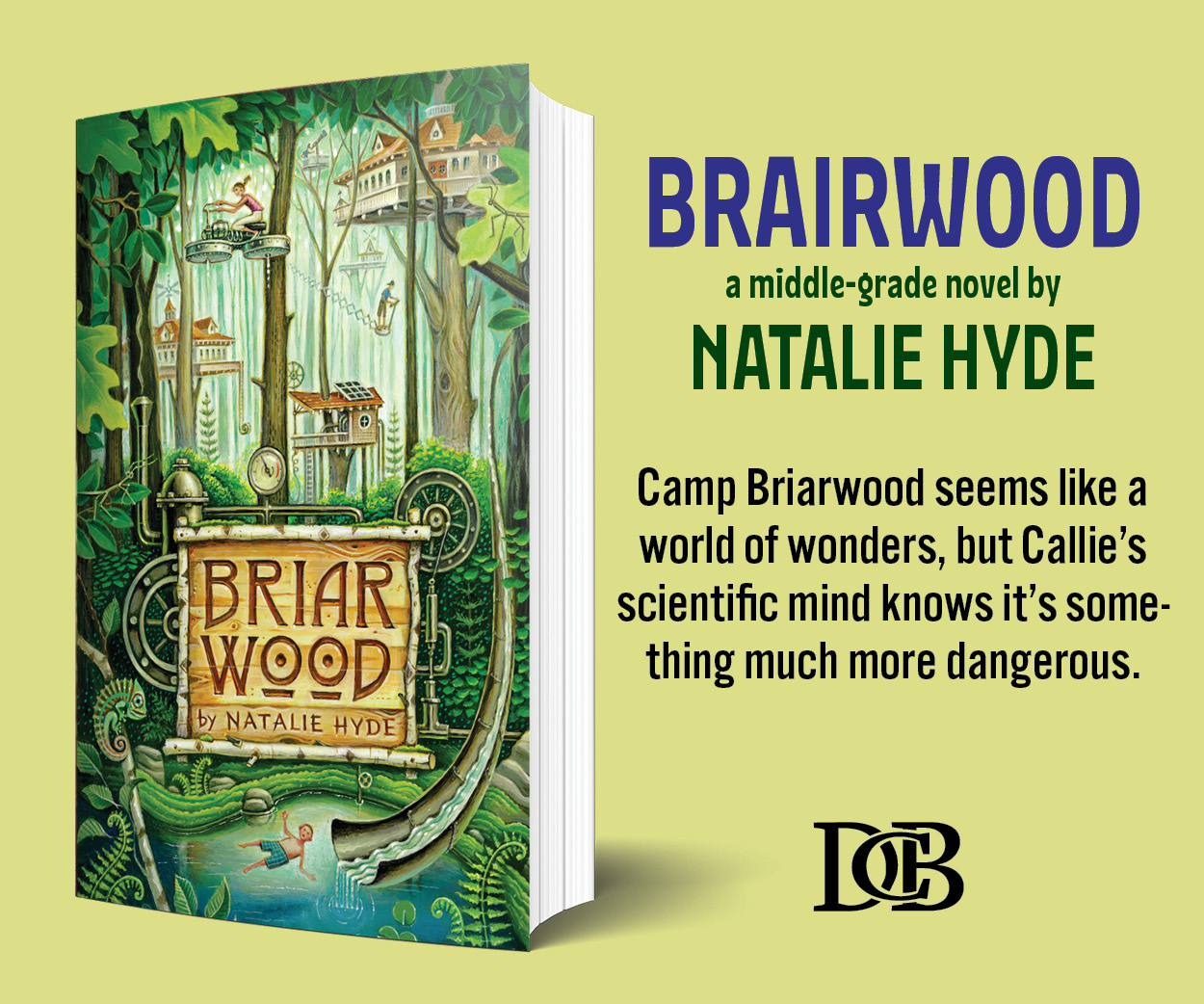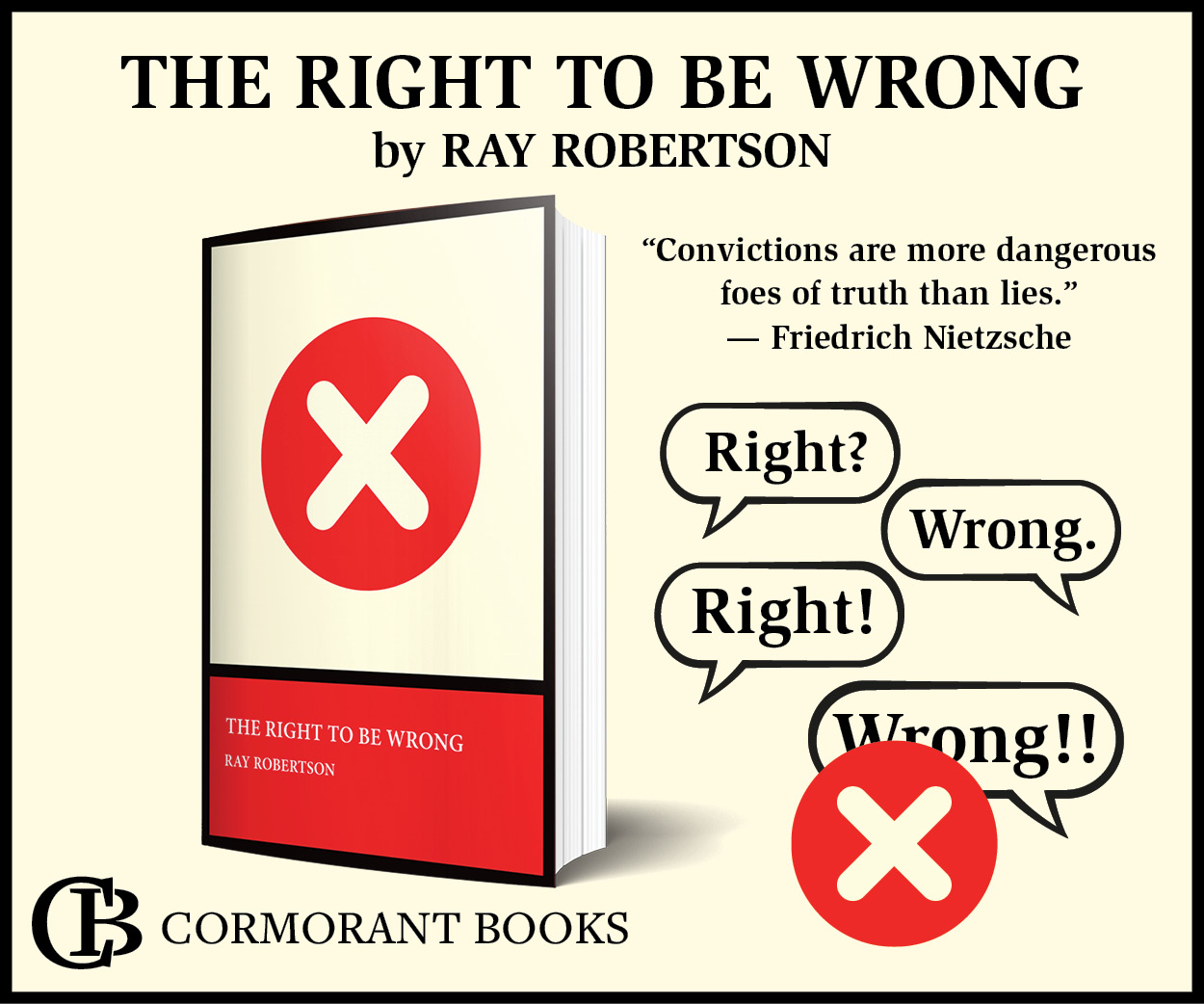On Pseudonyms: Q&A with Amanda Earl
By Sandra Ridley
On pseudonyms a.k.a. aliases a.k.a. handles a.k.a. avatars a.k.a. monikers a.k.a. sobriquets ak.a. epithets a.k.a. pen names a.k.a. nicknames a.k.a. noms de guerres a.k.a. anon.:
Q&A with Amanda Earl, on writing with a variety of aliases
Sandra Ridley: What drew you to using a pseudonym for your work?
Amanda Earl: I have more than one pseudonym. And some of them are group pseudonyms. How it starts for me is that I get an idea for a character, a separate voice I want to try out. Rather than a pseudonym, I think what I create is a heteronym, a whole character. I imagine their personality traits, their environment, their history.
The question that comes to my mind is why not just fictionalize the character completely & write her/him as fiction or even as a character in a poem. I feel that a heteronym goes much deeper than that. I guess it’s similar to being a method actor where you have to experience the feeling or activity in a way that feels real to you.
SR: What are the benefits and/or disadvantages for you?
AE: Benefits:
inspires creativity: it’s freeing to try to look at the world from an entirely different viewpoint.
allows the work to be judged on its own merit rather than based on a name.
Disadvantages:
no bragging rights. [I’m not serious about this because I don’t give a damn about bragging rights.]
SR: Do you see yourself as being part of, or extending, or arguing with a particular tradition of writing under a pseudonym?
AE: I don’t really know anything about traditions & pseudonyms. I’m always arguing with traditions.
Your CanLit News
Subscribe to Open Book’s newsletter to get local book events, literary content, writing tips, and more in your inbox
The views expressed in the Writer-in-Residence blogs are those held by the authors and do not necessarily reflect the views of Open Book: Toronto.
The views expressed in the Writer-in-Residence blogs are those held by the authors and do not necessarily reflect the views of Open Book.
Sandra Ridley’s first full-length collection of poetry, Fallout, won the 2010 Saskatchewan Book Award for publishing, the Alfred G. Bailey prize, and was a finalist for the Ottawa Book Award. Her second book, Post-Apothecary, was short-listed for the 2012 ReLit and Archibald Lampman Awards. Also in 2012, Ridley won the international festival Of Authors’ Battle of the Bards and was featured in The University of Toronto’s Influency Salon. Twice a finalist for the Robert Kroetsch Award for innovative poetry, Ridley is the author of two chapbooks: Rest Cure, and Lift, for which she was co-recipient of the bpNichol Chapbook Award. Her latest book is The Counting House (BookThug 2013). She lives in Ottawa.


